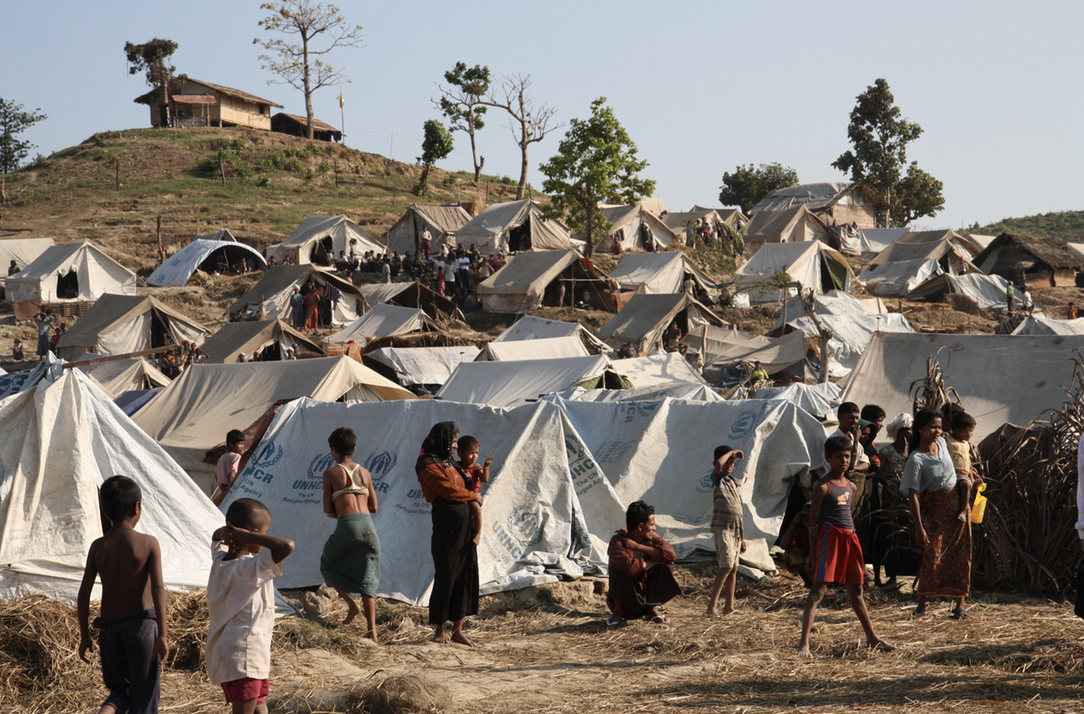“The enjoyment of the highest attainable standard of health is one of the fundamental rights of every human being without distinction of race, religion, political belief, economic or social condition,” according to the World Health Organization. Health as a human right, however, has been widely overlooked as it becomes increasingly threatened by the effects of climate change. The health effects are not only diverse but also overwhelmingly negative and wide-ranging. These effects being both direct and indirect will therefore impact all individuals as well as economies worldwide. Populations are pressured to change their diets, rapid changes to ice, snow, and land result in more life-threatening accidents, and natural sources of drinking water are disappearing and diminishing in quality. It is estimated that between 2030 and 2050, there will be 250,000 additional annual deaths resulting from heat exposure, malaria, diarrhoea, and childhood malnutrition. The protection of the environment has thus become a crucial part of the contemporary human rights doctrine. According to the Office of the High Commissions for Human Rights, “Human rights law requires each State to do more than merely refrain from interfering with human rights itself; it also requires the State to undertake due diligence to protect against such harm from other sources.” The State has a duty to its people to safeguard their well being even if it means regulating environmentally harmful corporations and industries. Therefore, it is the evident inaction by global institutions, such as governments, relating to the exacerbation of climate change that violates the fundamental human right to health.

Child marriages have been an unfortunate reality throughout the course of history. Until the 20th century, the average human’s life expectancy was approximately 50 years. Therefore, in an effort to expedite reproduction and the creation of families, girls were married off as soon as they hit puberty.
Amid the humanitarian crisis in Wuhan, the epicenter of the deadly outbreak, Chinese authorities are desperately resorting to extreme measures. In an effort to contain the spread of the disease, officials enforced an unprecedented quarantine of nearly 11 million citizens. Orders of house-to-house searches have been implemented and an emergency hospital was built in just ten days to tackle the outbreak. Despite the measures taken to contain the spread of this deadly disease, the number of infected cases has soared from 50 in China, to over 31,535 in more than 20 countries in the past three weeks. The death toll is even more alarming, amounting to 638.
Over the past decade, reports of rape in rural and urban areas of India have been consistently increasing. In 2012, the infamous “Nirbhaya case” – in which 23-year-old Jyoti Singh, while traveling in Delhi, was gang-raped, beaten, and killed – garnered global attention. Under public scrutiny, certain “amendments” were made by the government to laws relating to rape. Chief Justice S.A. Bobde made the promise of “effective and speedy investigation and trial.” In the following years, however, those changes proved to be inconsequential as more rape cases were being reported in 2017 than in 2012.

Last month, the Indian government under Prime Minister Narendra Modi passed the Citizenship Amendment Act (CAA), a new set of laws that would allow minority religious groups from neighbouring Afghanistan, Bangladesh and Pakistan to more easily gain Indian citizenship. While at first glance these policies seem welcoming to targeted minorities, they notably exclude Muslims, raising questions about their true motivations.

On August 31st, 2017, the lifeless husks of 9 women and 10 Rohingya refugees washed ashore the sands of Cox’s Bazar, Bangladesh.1 Under dictatorial rule of the Myanmar army between 1962 and 2011, the Rohingya people of the Rakhine State have been handed a predicament of institutionalized oppression on the grounds of religious and ethnic discrimination. While these acts of terror are often justified by the supposed targeting of extremist subsets within the population, the scale and scope of these acts can only be regarded as a “textbook example of ethnic cleansing,” says United Nations High Commissioner for Human Rights, Zeid Ra’ad Al Hussein. 2

